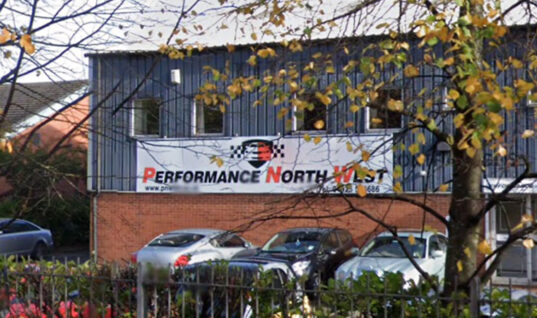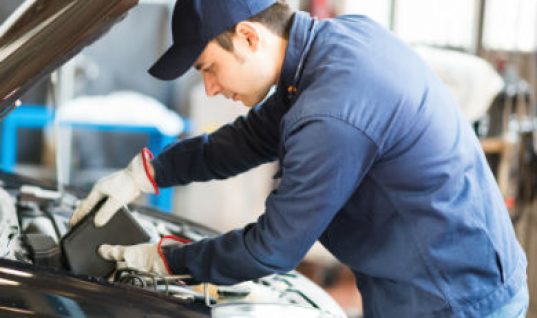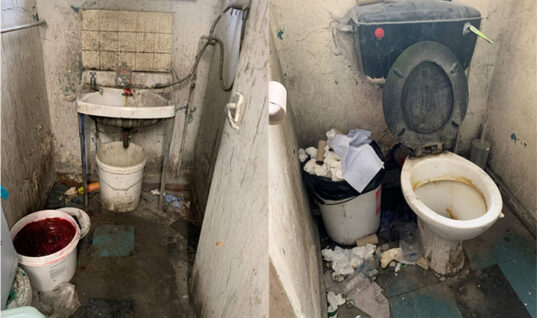The main function of an exhaust system is to, maximise engine performance, fuel consumption, and control sound reduction.
Due to the emergence of the European emission control guidelines (Euro I, II, III, IV,V and the recent Euro VI) the exhaust system and all its elements have become more important than ever due to their direct impact on the engines emissions.
It has become mandatory within European Community countries to equip all new petrol and diesel vehicles with catalytic converter and DPF systems.
These measures make the exhaust system an advanced parts of a diesel and petrol engine, the performance criteria of these engines depend directly on the back pressure levels generated by the exhaust system.
Using the correct exhaust system will ensure that the engine always works with the right air-fuel mixture, providing maximum power, maintaining maximum fuel consumption and controlling emissions.
It will also help to extend the working life of other important parts of the engine –exhaust valves, EGR valve, silencers, catalytic converters, DPF’s, lambda sensors etc.
Emission control
One of the most important functions of the exhaust system is for emission control.
All exhaust systems are designed, and manufactured, with a requirement to reduce the pollutant gases that are released into the atmosphere.
To accomplish this, the exhaust system needs to have a precise amount of backpressure which includes the catalytic converter and particulate filter, making the exhaust gases cleaner, before passing into the atmosphere.
Noise reduction
The key function of the exhaust system is to reduce noise.
The correct exhaust system is tuned to the vehicle’s engine characteristics to ensure noise levels and resonance are kept to a minimum.
An exhaust can become “noisy” as the system deteriorates through corrosion, generally manifesting in porosity of the muffler or tubular parts of the exhaust system or a general breakdown of muffler internals.
Porosity in any part of the exhaust system can have a detrimental affect on the effectiveness of the catalytic converter.
What happens if the back pressure is low?
When the exhaust system has a lower back pressure (holes, degraded internals) the gases will escape faster from the combustion chamber during the exhaust stroke.
During the overlap time the burnt gases will flow easily and faster through the exhaust system, because of this, a small part of the new air-fuel mixture entering the chamber via the intake valve, as a result unburnt fuel will escape into the cat and exhaust.
This will cause damage to monolith within catalytic converter.
What happens if the back pressure is high?
When the exhaust system has a high back pressure (blocked due to damage or internal degradation) a proportion of the exhaust gases will be prevented from escaping and will remain inside the combustion chamber, causing the incorrect fuel/air ratio for the next power stroke (1 to 14.7) this new mixture of fresh and burnt gases will give a slower burn during the power stroke, resulting in a loss of engine power.
Under these extreme working conditions, the exhaust valves and catalytic converter will be damaged.
Inspect your exhaust system regularly, replace it before it fails.
Vibrations
Silencer malfunction, which is due to failure related to vibrations in the system.
This is a common problem caused by old, damaged exhaust rubber supports and engine mountings.
When replacing a part or full exhaust system, always fit new mounting components.







